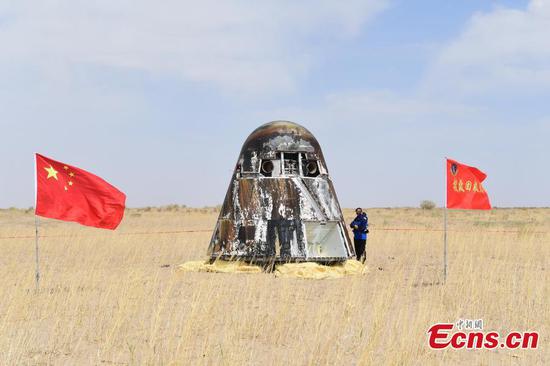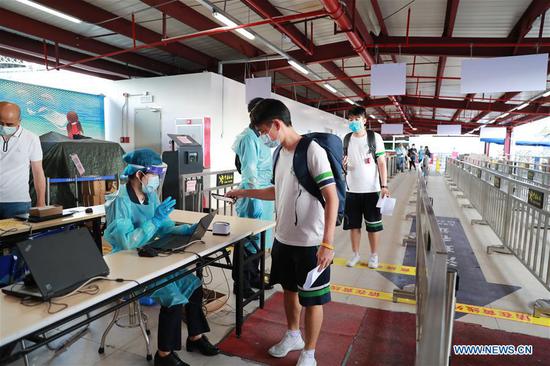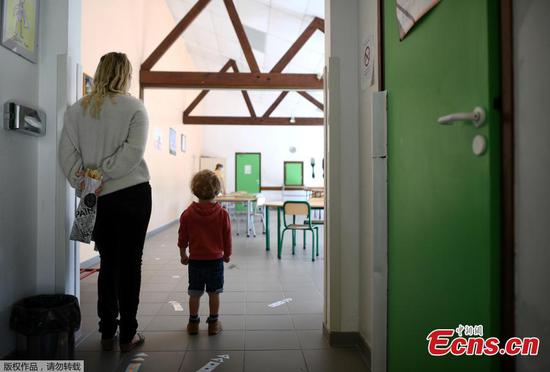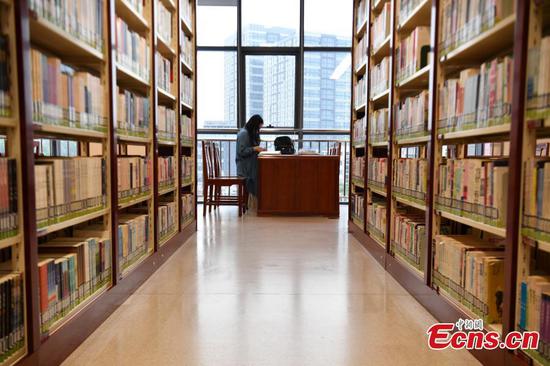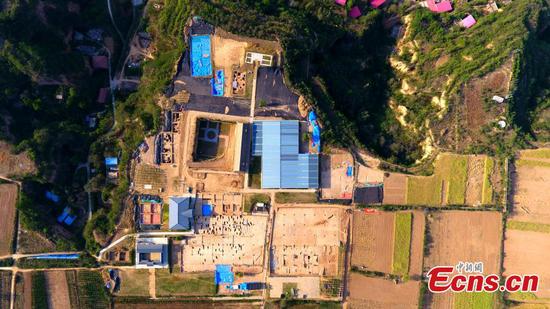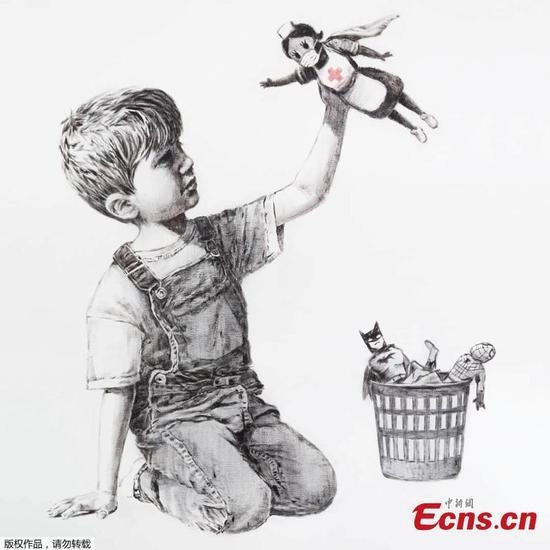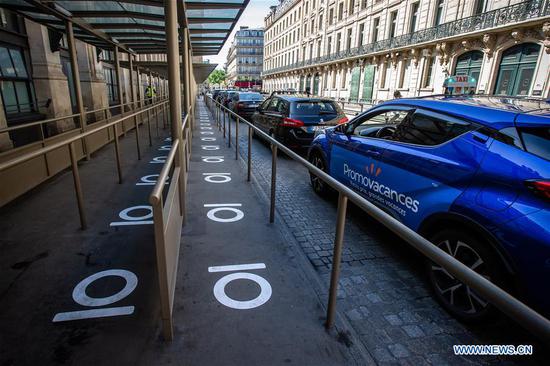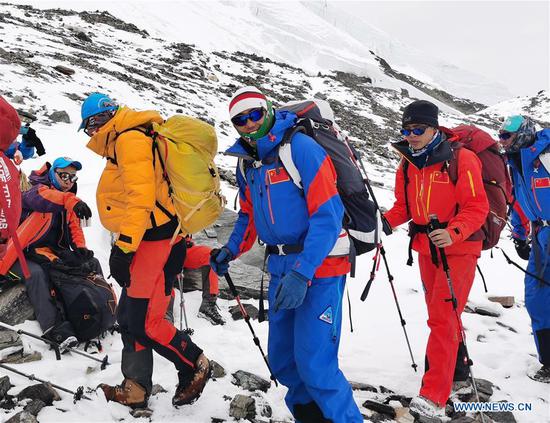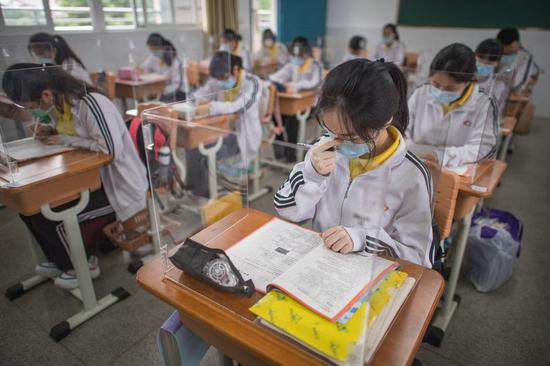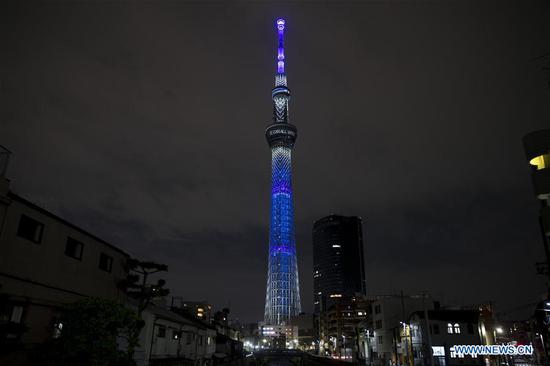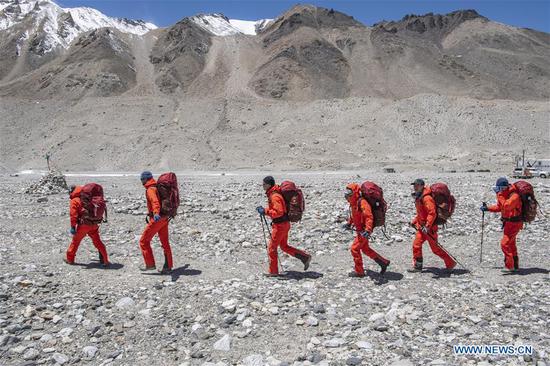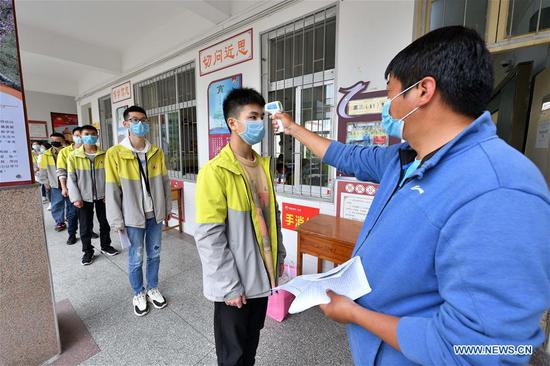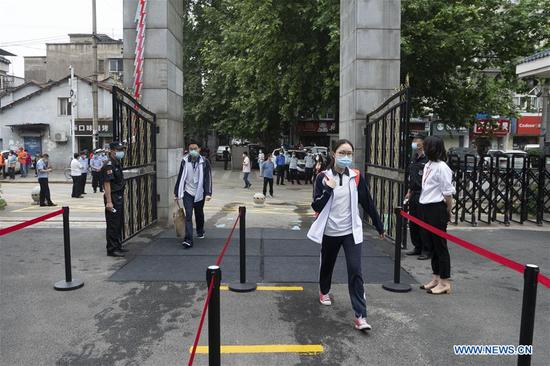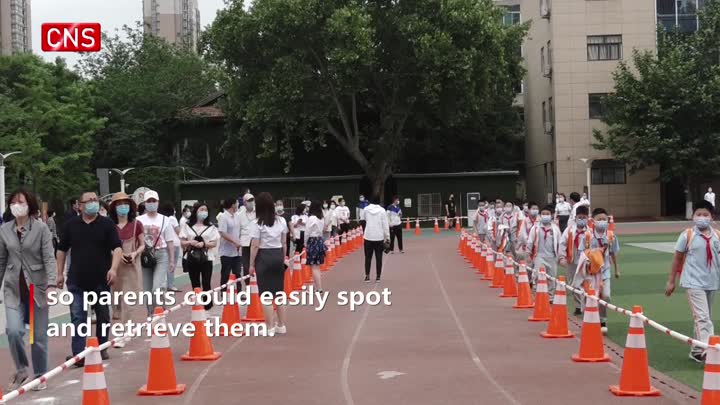
A UN report shows that Information and Communication Technology services achieved "unexpected gains" as "stay at home" largely boosted online education, e-commerce, tele-entertainment, tele-medical services and Internet of Things.
"We saw two years of digital transformation in two months," said Microsoft CEO Satya Nadella. All of these are gaining momentum for the development of digital technology.
Another inspiration is that globalization needs to be more resilient.
The pandemic triggered reflections on risk management in industrial chains, which will push globalization towards a more resilient orientation. As WTO Director-General Roberto Azevedo said, no matter how powerful and advanced a country is, it cannot be completely self-sufficient.
It is unrealistic for countries to build up an inward-looking industrial structure. Rather than concentrating all types of production within one country, multinational companies will survive better with multiplied supply chains.
A more resilient globalization will be more sustainable. When humans reduce activities and movements, they have more time to reflect on how to live in harmony with nature.

Besides, multilateral governance is proven to be more important than ever.
The WHO plays a key role in leading and coordinating the global fight against COVID-19 by monitoring the epidemic closely, issuing public health guidance, working with medical suppliers to enhance production capacity and speeding up a hunt for and fair distribution of drugs and vaccines. The multilateral governance mechanism is indispensable in responding to global crises.
Just like the 2008 financial crisis giving birth to the leaders' summit of the Group of 20, the pandemic promoted cooperation among international organizations in many fields.
With the IMF and the World Bank, the WHO discussed how to assist Africa and other regions with vulnerable public health systems. With the WTO, it ensured that products and services can flow across borders to stem the epidemic. With the UN Food and Agriculture Organization, it worked to prevent the impact of anti-epidemic measures on the food supply. With the World Organization for Animal Health, it pooled efforts to identify the animal origin of the coronavirus.
Amid a pandemic that rattles the world, a more elaborated and inclusive multilateral governance framework is forthcoming.









